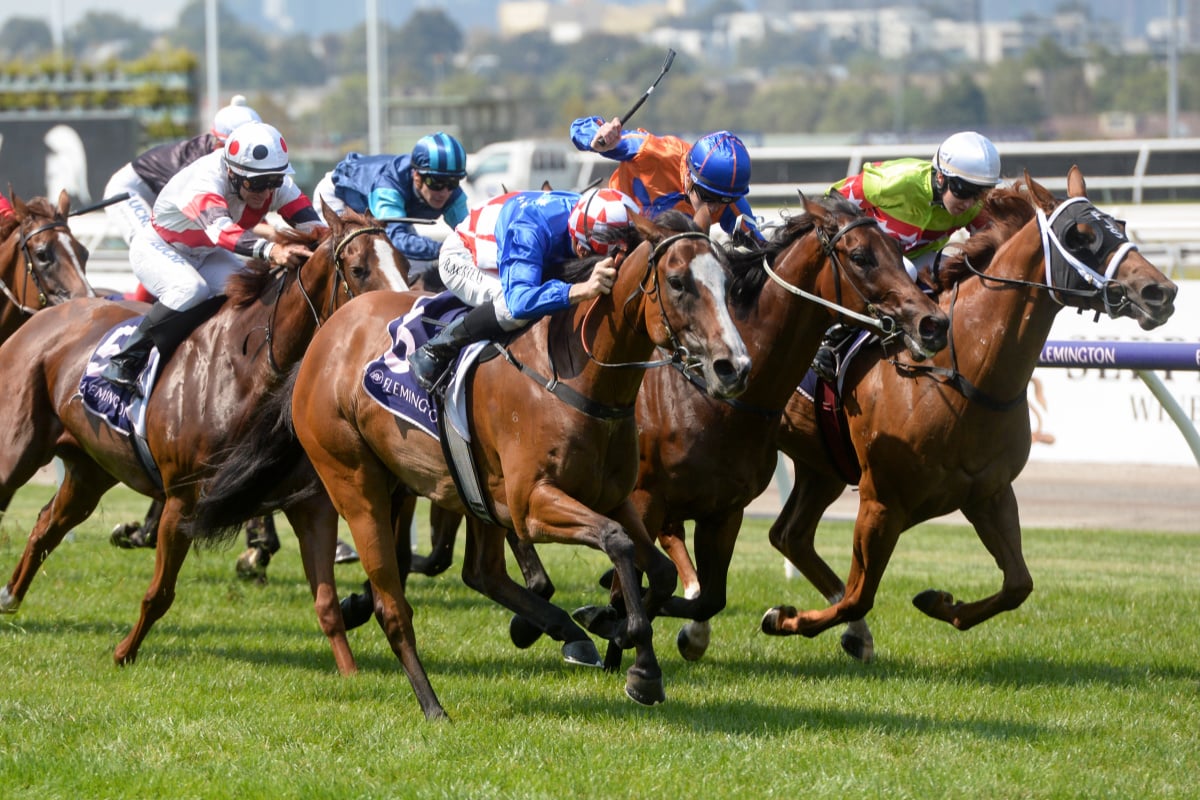
Mamamia understands that Australians have diverse views when it comes to events like the Melbourne Cup. You can read more about the facts around horse racing in 2019 here, a defense of the industry here, and the perspective of some animal rights activists here.
I was practically born in the saddle, horses have always been a part of my life. But it has been many years since I celebrated a Melbourne Cup day.
Growing up on a farm surrounded by animals, owning and riding many horses, the Melbourne Cup was pretty popular. I enjoyed trying to predict who would win as most people did. I loved seeing the beautiful shiny horses and all the glitz and glamour.
Being a farm kid I was well aware of what happened to livestock and it was common knowledge that many retired racehorses ended up at abattoirs, but I didn’t really think much about it then. I just put it out of mind I guess, as most people do.
As I grew up I was determined to have a career in the horse industry. I became a barn manager for a riding school in Sydney. Over the years I worked at racing stables, pre trainer facilities and I worked for vets that handled mostly racehorses. I was even married to a jockey. But despite these strong connections to the racing and equine industry, in general, I could not continue to turn a blind eye to what was going on.
Is it time we give up on all public holidays in Australia? Mia, Jessie and Holly discuss it on Mamamia Out Loud. Post continues below.

Top Comments
You said EXACTLY what I feel, and eloquently. Thankyou
It’s definitely nup to the cup from me.